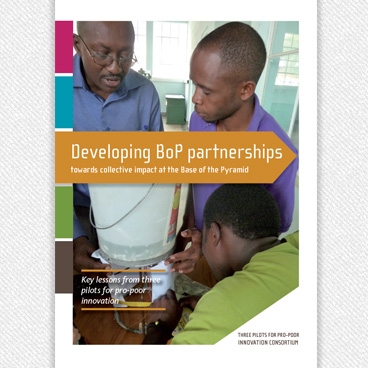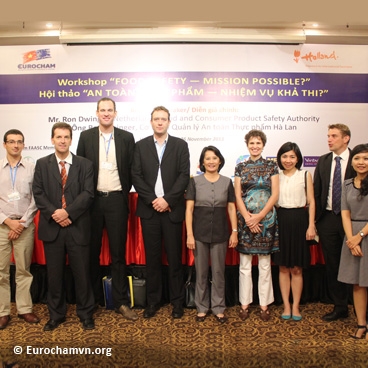CAN THO – For this study I had to find a 6 months internship related to this main subjects and Fresh Studio has offered me the possibility to go in Vietnam to make this course.
I am Victor Benbakir a French student of 21 years old; I studied Bsc in sustainable aquaculture and quality management in the University of Savoie.
During my internship I was based in the fish department office in Can tho (one of the largest cities of the Mekong Delta). There the staff offered me the best welcome I ever had for all the internships I had made in my life and I was considered as a fully-fledged employee of the company.
The office in Can Tho was originally created for a continuous project for Metro (German supply company) which wanted to secures the fish chain supply for all the Metro stores in Vietnam. For this project Fresh Studio created a network of farmers, a standard named “Metro Requirement” and a fish transformation factory in Can Tho.
During the first month I had to get use to a totally different way to produce fish and learn the biology of the cultured local species. It was really a chock for me because I was use to work in modern farming system and it was kind a back in the time to see how the farmers grow the local species. I also didn’t know so much about these species (Snakehead fish, Knife fish, Climbing perch…) so it’s of course a plus for me now.
A part of my work was to go on the farms with the aquaculture consultants to check if the farmers respected the standard, give productions advices and also make some trainings for both farmers and consultants about fish farm management.
Then a new project came over in association with the De Heus Company (Dutch animal feed company), the creation of the first R&D services farm, and I have the opportunity to participate to it. I followed the creation of the farm and its design. I made some research with the consultants about all the devices needed for a R&D farm and used the data from the productions farms to find out what type of interesting research could be done on this farm.
Thanks to this internship I had a very concrete discovery of the aquaculture sector in the South Vietnam; it was also my first professional experience in a large company so it allows me to discover it. Furthermore I had the opportunity to work on a big project which is difficult when you’re only an intern in France or in Europe…
Moreover I visited many amazing places, meet a lot of very welcoming people and discovered the real Vietnam which is I think difficult to do when you only go for tourism here. I want to thanks Fresh Studio again for this great opportunity, I will remember this internship for a long time.
Also interesting to read:





